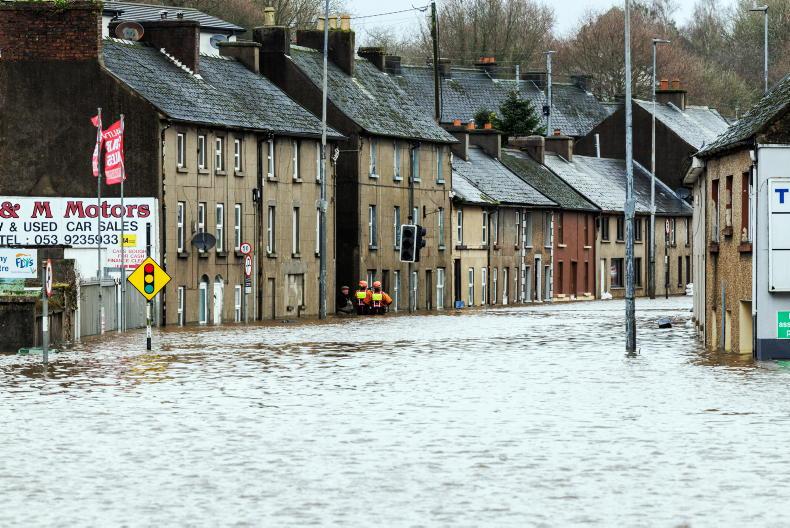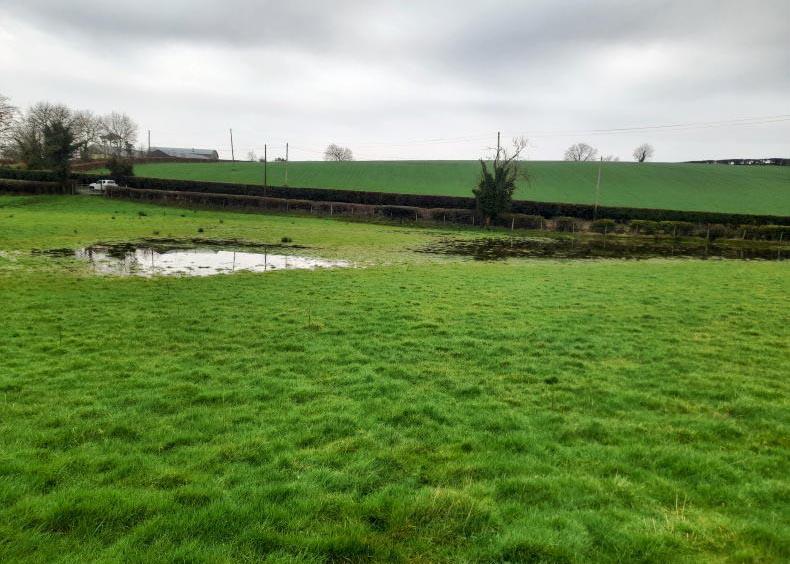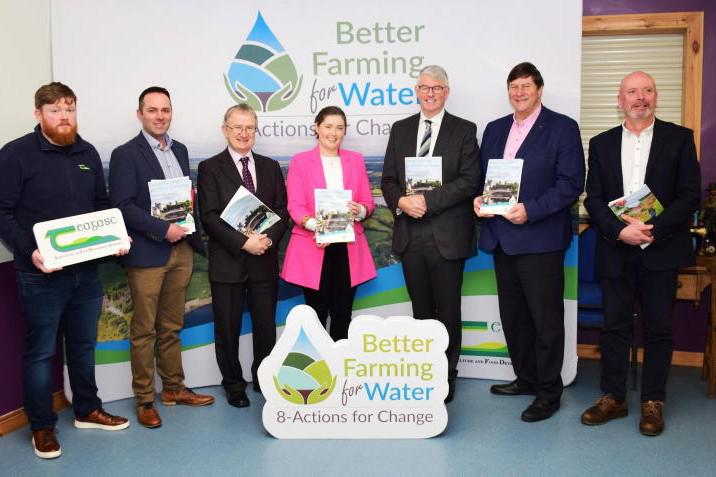Farmers, businesses and the public are being asked to conserve water as the Irish “staycation season is set to enter its busiest period over July and August,” according to Irish Water.
The water body is urging the public to conserve water so that there is a consistent supply during this period.
“Irish Water is predicting an increase in domestic and commercial demand for water over the coming months and customers are asked to take some simple measures to conserve water in their homes, their businesses and on their farms,” it said.
Irish Water has confirmed it has put night time water restrictions in place in a “small number of locations” across the country to ensure a consistent day time supply.
It said it currently has no plans to implement a water conservation order or hosepipe ban.
How farmers can conserve water
The Irish Farmers Journal previously looked at how farmers can maintain water supply on their farm, here are some of those tips on water conservation:
Check for leaks: When checking livestock, check that the water trough is full and keep an eye out for leaks. Large volumes of water can be lost through small leaks. Check water metres regularly: If night usage is unusually high or the counter is still running when everything is turned off, you may have a leak.Avoid any unnecessary washing of sheds.Check that your well isn’t struggling: If there is discoloured water coming out of the tap, the well may be struggling. Long-term, look at having a water reserve.Maintain well pumps and their components: Check the pump, pressure switch, pump overload box and so on. Demand
Tom Cuddy, Irish Water’s head of asset operations, said that conserving water is something people should be doing year round, not just when supplies come under pressure due to drought conditions and seasonal increases in demand.
“As demand increases, we are appealing to the public to redouble their efforts in conserving water in the home, in the garden, at work and on the farm, especially during the busy months of July and August when staycations will be at a peak and demand is expected to soar.
“This applies particularly to tourist hotspots in popular coastal regions and tourist destinations throughout the country, of which we are lucky to have so many and where large influxes of visitors are expected.
“As rivers, lakes and groundwater levels reduce through the summer and autumn period, there is less water available for supply, while at the same time, the warmer weather gives rise to increased water demands for domestic, agricultural and leisure uses,” he said.
Farmers, businesses and the public are being asked to conserve water as the Irish “staycation season is set to enter its busiest period over July and August,” according to Irish Water.
The water body is urging the public to conserve water so that there is a consistent supply during this period.
“Irish Water is predicting an increase in domestic and commercial demand for water over the coming months and customers are asked to take some simple measures to conserve water in their homes, their businesses and on their farms,” it said.
Irish Water has confirmed it has put night time water restrictions in place in a “small number of locations” across the country to ensure a consistent day time supply.
It said it currently has no plans to implement a water conservation order or hosepipe ban.
How farmers can conserve water
The Irish Farmers Journal previously looked at how farmers can maintain water supply on their farm, here are some of those tips on water conservation:
Check for leaks: When checking livestock, check that the water trough is full and keep an eye out for leaks. Large volumes of water can be lost through small leaks. Check water metres regularly: If night usage is unusually high or the counter is still running when everything is turned off, you may have a leak.Avoid any unnecessary washing of sheds.Check that your well isn’t struggling: If there is discoloured water coming out of the tap, the well may be struggling. Long-term, look at having a water reserve.Maintain well pumps and their components: Check the pump, pressure switch, pump overload box and so on. Demand
Tom Cuddy, Irish Water’s head of asset operations, said that conserving water is something people should be doing year round, not just when supplies come under pressure due to drought conditions and seasonal increases in demand.
“As demand increases, we are appealing to the public to redouble their efforts in conserving water in the home, in the garden, at work and on the farm, especially during the busy months of July and August when staycations will be at a peak and demand is expected to soar.
“This applies particularly to tourist hotspots in popular coastal regions and tourist destinations throughout the country, of which we are lucky to have so many and where large influxes of visitors are expected.
“As rivers, lakes and groundwater levels reduce through the summer and autumn period, there is less water available for supply, while at the same time, the warmer weather gives rise to increased water demands for domestic, agricultural and leisure uses,” he said.








SHARING OPTIONS